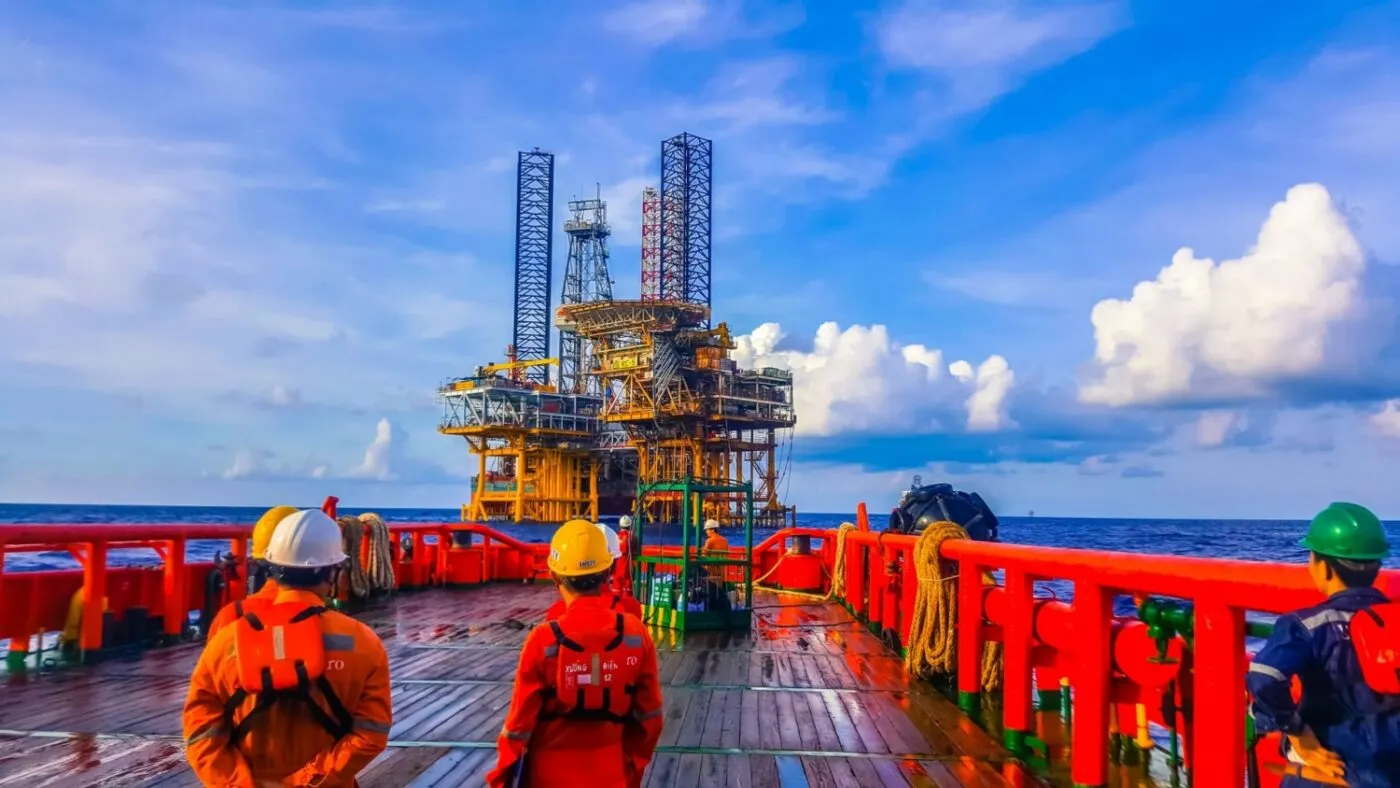Oil and gas exploration is one of the most critical industries in the global economy. It provides energy for various sectors, from manufacturing to transportation, and creates millions of jobs worldwide. However, oil and gas activities also pose significant environmental issues, ranging from water pollution to climate change. Therefore, finding a balance between oil and gas exploration and environmental protection is a major challenge for nations and businesses alike.
Environmental Impacts of Oil and Gas Exploration
- Air Pollution: When extracting oil and gas, the combustion of fossil fuels emits large amounts of harmful pollutants such as carbon dioxide (CO2), sulfur dioxide (SO2), and nitrogen oxides (NOx). These substances not only pollute the air but also contribute to climate change and cause respiratory illnesses in humans.
- Water Pollution: Drilling and production activities can lead to the leakage of waste into water sources. Toxic chemicals, oil spills, and wastewater can contaminate rivers, lakes, and oceans, causing severe damage to ecosystems and public health. Oil spills are a prime example of this negative impact, affecting both wildlife and industries like fishing and tourism.
- Habitat Destruction: Oil and gas exploration often involves the construction of large infrastructure such as pipelines, processing plants, and pumping stations. These developments can destroy the natural habitats of many plant and animal species, leading to a decline in biodiversity.
- Climate Change: Oil and gas are the largest carbon-emitting sources, contributing significantly to global warming. The continued increase in fossil fuel consumption could lead to severe climate changes with unpredictable consequences for humanity and nature.
Environmental Protection Measures in Oil and Gas Exploration
- Using Clean Technology: Oil and gas companies are increasingly investing in cleaner technologies to minimize environmental impacts. These technologies include more efficient drilling and extraction processes that reduce waste production, as well as advanced wastewater treatment systems to recycle water used in production.
- Environmental Management and Monitoring: Establishing a robust environmental management system is essential to mitigate risks during exploration. Companies must implement regular monitoring of their operations to detect potential issues early and take corrective action promptly.
- Environmental Impact Assessment (EIA): Before undertaking any exploration project, companies need to conduct environmental impact assessments to identify potential risks and impacts on the environment. EIAs also help formulate appropriate mitigation measures to protect the environment.
- Strengthening Regulations and Policies: Governments need to enact stricter regulations on the oil and gas industry. This includes requiring companies to adhere to higher environmental protection standards and to be accountable for their impacts.
- Promoting Renewable Energy: To reduce dependence on oil and gas and protect the environment, increased investment in renewable energy sources such as solar, wind, and hydroelectric power is necessary. This transition not only helps protect the environment but also creates opportunities for more sustainable economic development.
Conclusion
Oil and gas exploration is an essential industry for economic development, but it comes with significant environmental challenges. To ensure that these activities do not harm the planet, companies and governments must take responsibility for implementing effective environmental protection measures. Only when there is a harmonious balance between resource extraction and environmental protection can we ensure a sustainable future for the generations to come.

